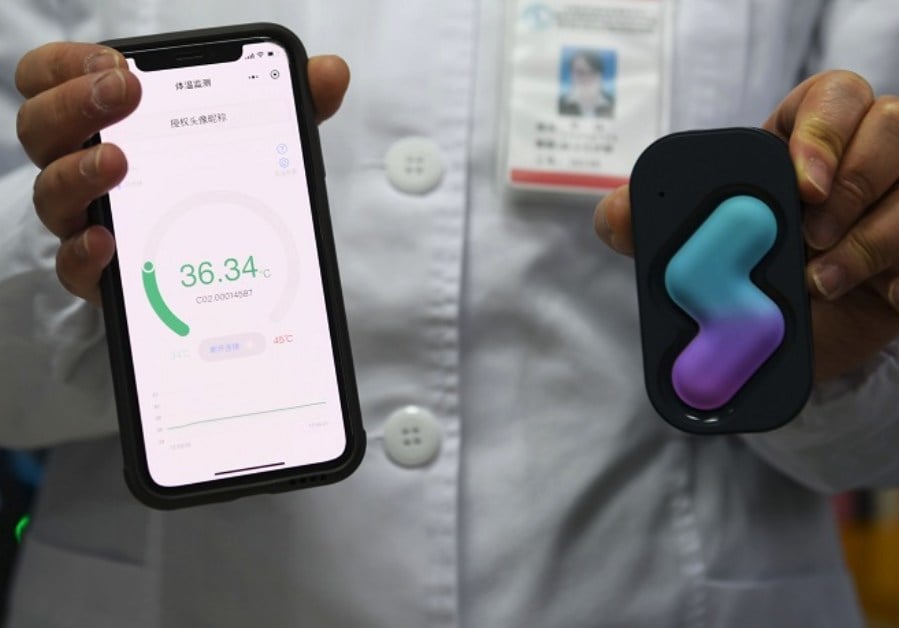
CAMPBELL, Calif. | PRNewswire
VivaLNK, a leading provider of connected healthcare solutions, announces an agreement to loan its Vital Scout devices to the Case Western Reserve University Crew Team for a stress study. The devices will be used to examine the relationship between stress levels and metrics pertinent to physical exertion in participants, including heart rate, respiration rate, sweat rate, and acute-to-chronic workload ratio, as they affect student athletes.
Vital Scout is a wearable patch that uses electrocardiography sensors and established heart rate variability algorithms to quantifiably measure the body's response to physiological impacts from various activities throughout the day. In addition to stress and recovery levels, Vital Scout also tracks activity, sleep quality, heart and respiratory rates. About the size of a small bandage, Vital Scout is worn comfortably and discreetly under clothing on the chest.
"Studying the body's reaction to stress is critically important as it continues to plague the average individual," said Jiang Li, CEO at VivaLNK. "This study, using our wearable monitoring device, is particularly impactful as it will examine and accurately measure student athletes' stress to paint a clear picture of the effects of good and bad stress related to training for sport. Not only will this determine how a student athlete reacts and recovers from stressful events or periods, but also can provide insight about how physical activity plays a role in its management."
As part of the study, participants will be monitored during crew practices over the course of four weeks. Monitoring will determine the average stress levels and recovery periods that a student athlete encounters. Contrary to popular belief, stress is not always a negative physiological reaction. Normal daily activities, including exercise, can put stress on the body, while prolonged periods of high stress can lead to health complications. However, to get a comprehensive view of stress and recovery levels, contributing factors need to be accounted for, over an extended period of time under varying conditions.
"Deriving insight and value from the acquired sensor data has hindered the clinical utility of current devices to ultimately address unmet medical needs," said Dhruv Seshadri, PhD Student, and Samantha Magliato, Undergraduate, Department of Biomedical Engineering, Case Western Reserve University. "Our interdisciplinary team comprised of clinicians, engineers, and nurses seeks to change this paradigm. Ultimately, the success of translational research is highly dependent on a team-centric approach leveraging the expertise of a collaborative group. We look forward to the outcomes of the study having a positive impact in the sports medicine field."
"We are excited to partner with VivaLNK to continue our collaborative research mission to utilize technology to improve the health and performance of athletes of all ages," said James Voos, M.D. Chairman, Department of Orthopaedic Surgery and Sports Medicine UH/CWRU.
This study builds upon a collaboration between the Department of Biomedical Engineering and the University Hospitals Sports Medicine Institute in Cleveland, Ohio. Previous work by the team at University Hospitals has evaluated a National Football League team using GPS-sensors to correlate human performance as a function of movement profiles to soft-tissue injury in elite-level athletes over a two-year period. Ongoing research between the two departments seeks to utilize wearable devices to measure biosignals, physiological parameters, and biomarkers indicative of athlete performance and health to develop analytical models and actionable protocols for team physicians, athletic trainers, and coaches.
For more information on Vital Scout visit: www.vitalscout.io.
Media Contact:
pr@VivaLNK.com
Related Links
https://www.vitalscout.io
Copyright © 2025 VivaLNK, Inc. All Rights Reserved.
No Comments Yet
Let us know what you think